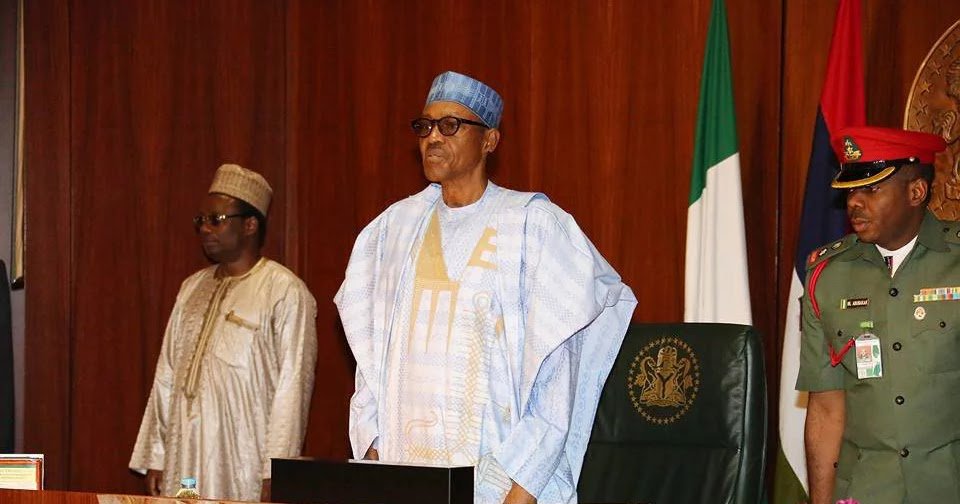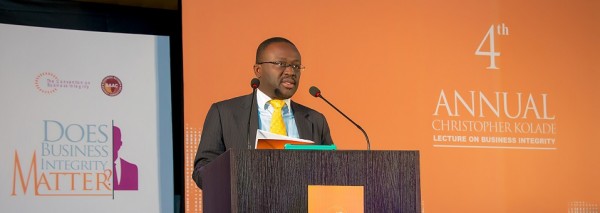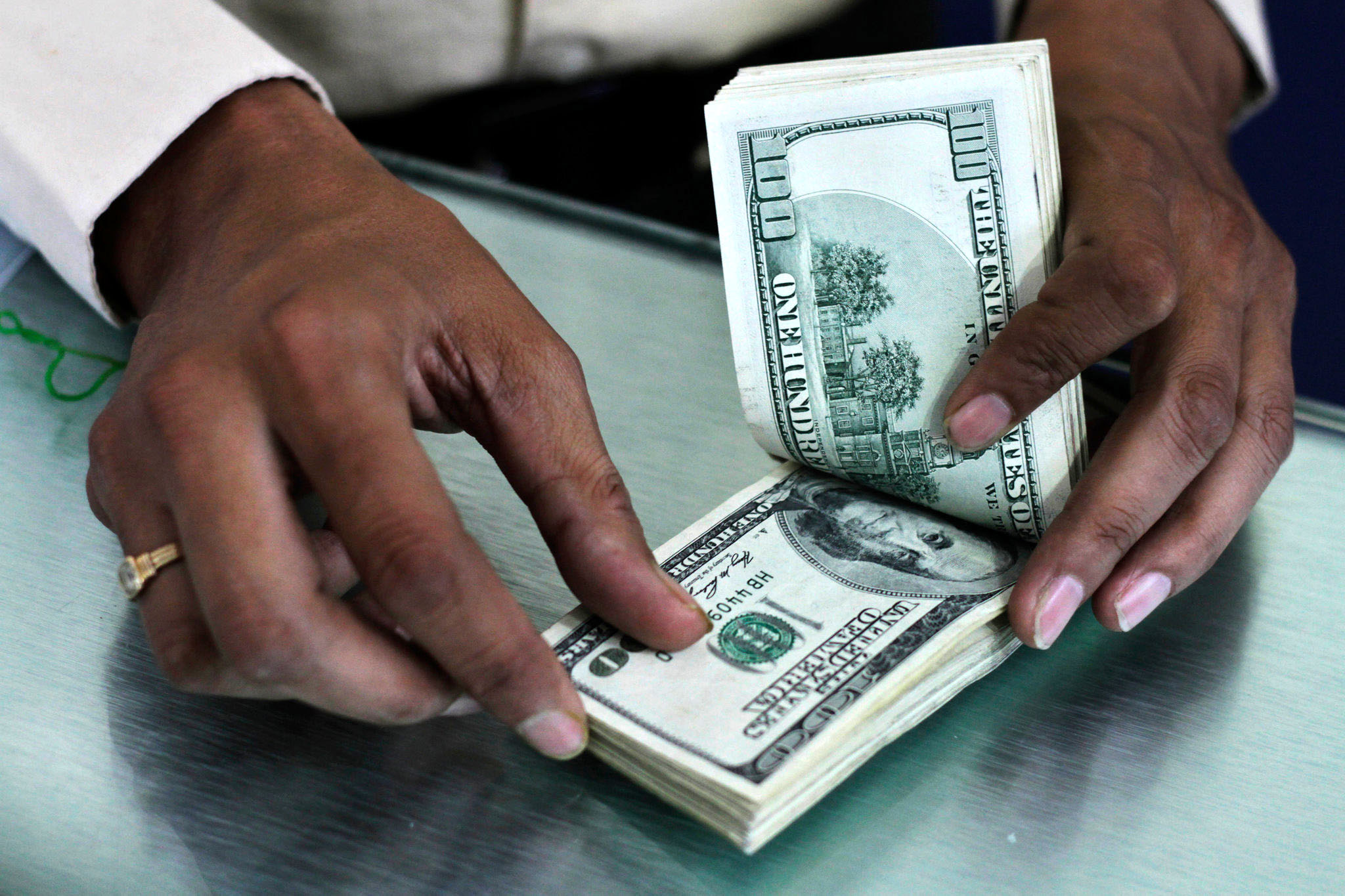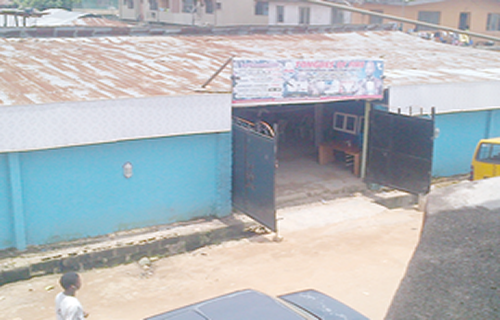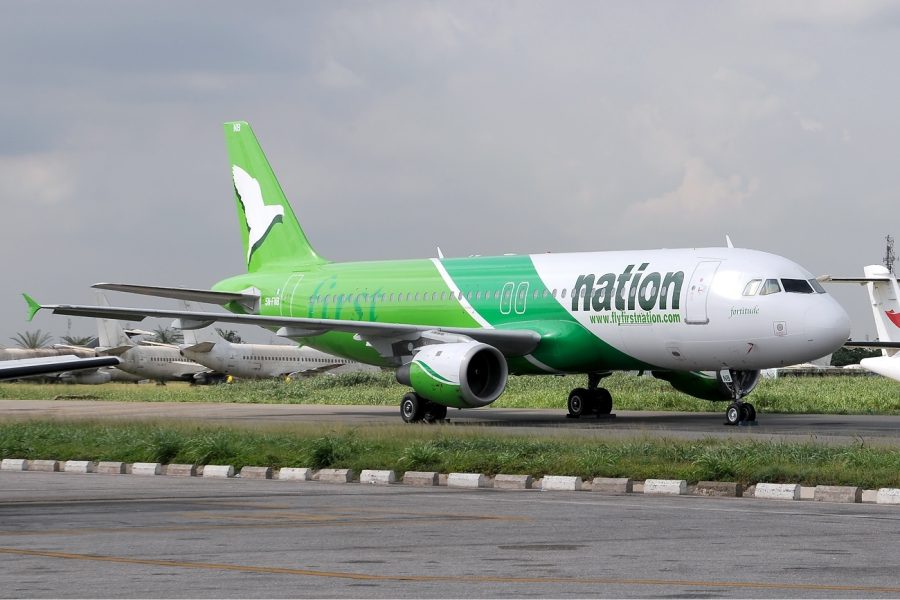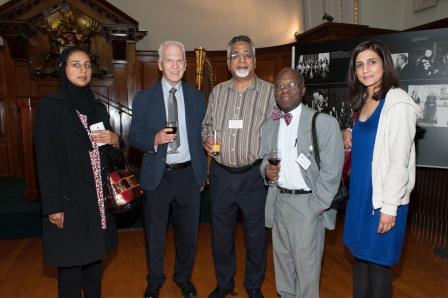Nigeria is officially in a recession, and the federal government has outlined its plan to get out of recession in the shortest possible time.
After the Federal Executive Council (FEC) meeting in Abuja on Wednesday, the government unveiled its plan to get out of the worst economic recession in 29 years.
NICKEL AS NEW OIL
According to Kemi Adeosun, minister of finance, the federal executive council (FEC) has acquired a $150 million support from the World Bank, for the exploration of nickel in Kaduna, following the discovery of the mineral resource in Dangoma, northern Nigeria.
Advertisement
“There is provision for solid minerals and of course I’m very excited about the discovery nickel,” she said after the FEC meeting in Abuja on Wednesday.
“World Bank is supporting the project by the Ministry of Mines and Steel with $150 million to enable them strengthen their capacity in that area.”
The government is partnering with an Australian firm to explore the new mineral resource, which could be Nigeria new oil.
Advertisement
LOANS FROM CHINA, JAPAN, AfDB, WORLD BANK
Adeosun also disclosed that the FEC approved external three-year rolling borrowing plan to meet Nigeria’s current development needs.
The minister added that the loans to be taken by Nigeria would be at only 1.25 percent interest rate from leading financial institutions around the world.
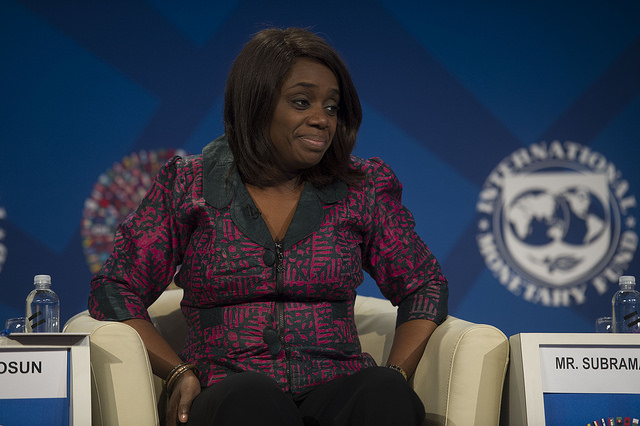
“Recall when we came in we said our external borrowings strategy will be focused on confessional debts, low cost loans particularly from the multi-lateral agencies,” she said.
Advertisement
“So this plan we have put forward today which was approved by FEC and will be transmitted to the National Assembly for the approval includes:
“Confessional loans average interest rates 1.25 per cent, four to seven year moratorium, 20 years to pay. From agencies such as the World Bank, African Development Bank, China Exim Bank, and other development agencies lke Japanese International Cooperation Agency (JICA)
“The sectors in particular that these concessional loans will go to are the strategic sectors of the economy that will help to revive the economy. There are Power. Significant amount of money are located to power projects particularly transmission. This is long term money that will enable us solve some of the problems in that sector.”
ADESINA’S E-WALLET FOR FARMERS
Advertisement
Audu Ogbeh, minister of agriculture, unveiled plans to continue with Akinwumi Adesina, his predecessor’s e-wallet programme for farmer across the country.
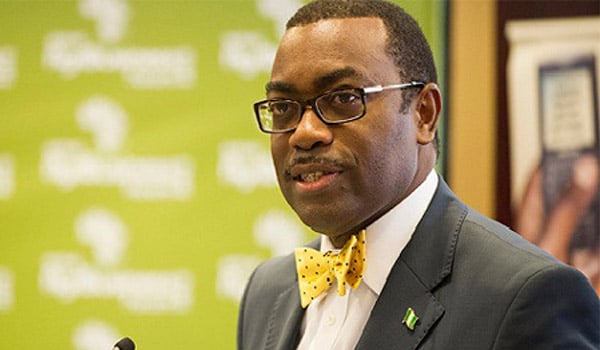
“The e-wallet is a programme of the old administration under the current president of ADB. The programmed ran very well in 2012 and 2013 but had few hitches as ministry got involved in trying to select the providers,” Ogbeh said.
Advertisement
“This led to the figure of debts pilling up to the sum of N67 billion. Council today approved the extension by one year of the service provider.
“The quotation by the company was N884,799 million but we bargained N380, 512 million. They will work with us for one more year, teach our people how to do it, domiciled the data of farmers which is 20 million of them and continue to work on how to get agriculture inputs to farmers and keep away those who tend not to deliver but make claims.”
Advertisement
EDUCATIONAL DIVERSIFICATION: UNILAG N2 BILLION LIBRARY, UI PG HALL
The FEC also approved contract for the constructing International House for the University of Ibadan (UI), which is a post-graduate hall, at the cost of N1.302,709,02.34.
Advertisement
With a completion period is 44 weeks, the hall is expected to generate revenue for the university and generate economic activities, capable of adding valuable input to the economy.
Council also approved contract for the reconstruction of the University of Lagos (UNILAG) new library at the cost of N1.935,135,87.35 billion.
The council said the library built in 1964 has not been expanded nor modernize, so this new library is to augment the old one, with a completion period 64 weeks.
Council mandated that both contracts be handled by a local contractor.
THE MINING CALVARY
Kayode Fayemi, minister of solid minerals, said FEC approved a roadmap that seeks to grow the the contribution of mining to the GDP.
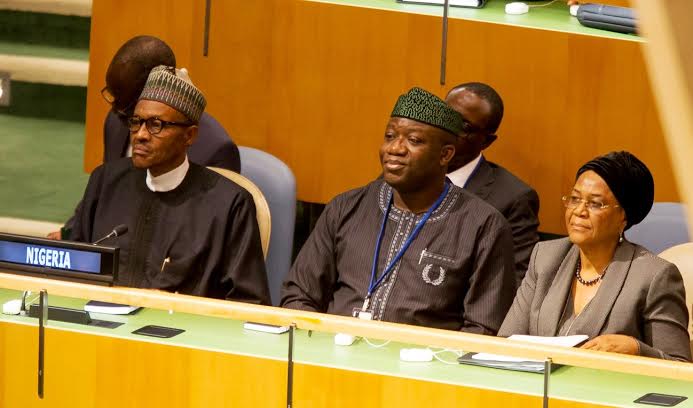
“On the back of the President’s vision to diversify the economy. It is to build on old roadmap of 2012,” he said.
“What distinguishes this roadmap is its determination to build a regulatory agency – an independent regulatory agency in the mining sector.
“The second point that is very critical is the partnership with states. One of the challenges in minning is the tension between the federal government and the states. The FG owns the minerals in the sole but the states government own the land.
“Above all, it focuses to increase the contribution of minning to the GDP of the country. Minning has gradually from 4.5 per cent of the GDP at independence to 0.33 per cent of the GDP as at today.
“Given the new focus we can begin to scale that up again, within the next decade it’s readily expected that it will begin to claim up to about five per cent of the nation’s GDP.”
Add a comment

